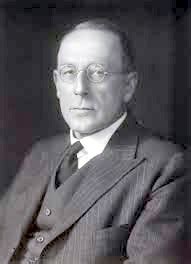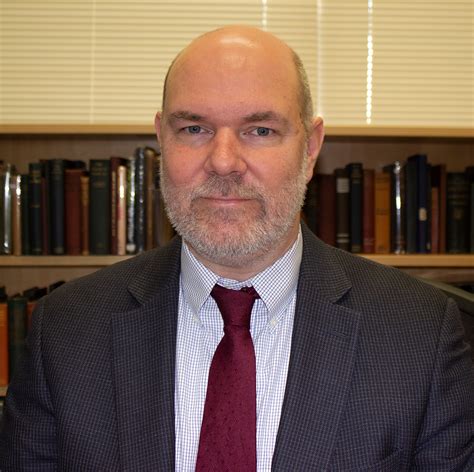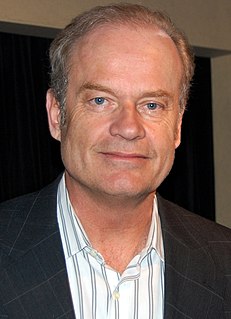Цитата Джона Клэпхема
Экономическая история является наиболее фундаментальной отраслью истории; не самый важный. Фонды существуют, чтобы нести лучшие вещи.
Связанные цитаты
Соединенные Штаты, вероятно, являются самым [социально] мобильным обществом в мировой истории. Наиболее ценными в нем добродетелями являются трудолюбие, дисциплина, честолюбие и готовность идти на риск. Образование и полномочия являются наиболее важными в правительстве; в других местах большинство навыков приобретаются на работе.
Моя книга «Устная история: понимание качественного исследования» рассказывает о том, как исследователи используют этот метод и как писать свои проекты по устной истории, чтобы публика могла их прочитать. Важно, чтобы у исследователей было множество различных инструментов для изучения жизни людей и культур, в которых мы живем. Я думаю, что устная история является наиболее необходимой и уникально важной стратегией.
История — это еще не все, но это отправная точка. История — это часы, которые люди используют, чтобы определять политическое и культурное время суток. Это также компас, который люди используют, чтобы найти себя на карте человеческой географии. История рассказывает людям, где они были и кем они были, где они находятся и что они из себя представляют. Самое главное, история подсказывает людям, куда они еще должны идти, какими они должны быть. Отношение истории к народу такое же, как отношение матери к своему ребенку.
































